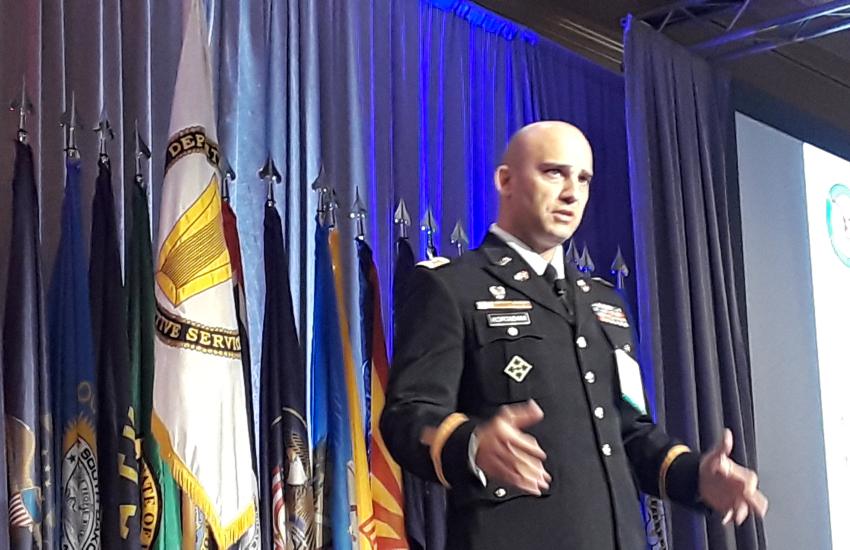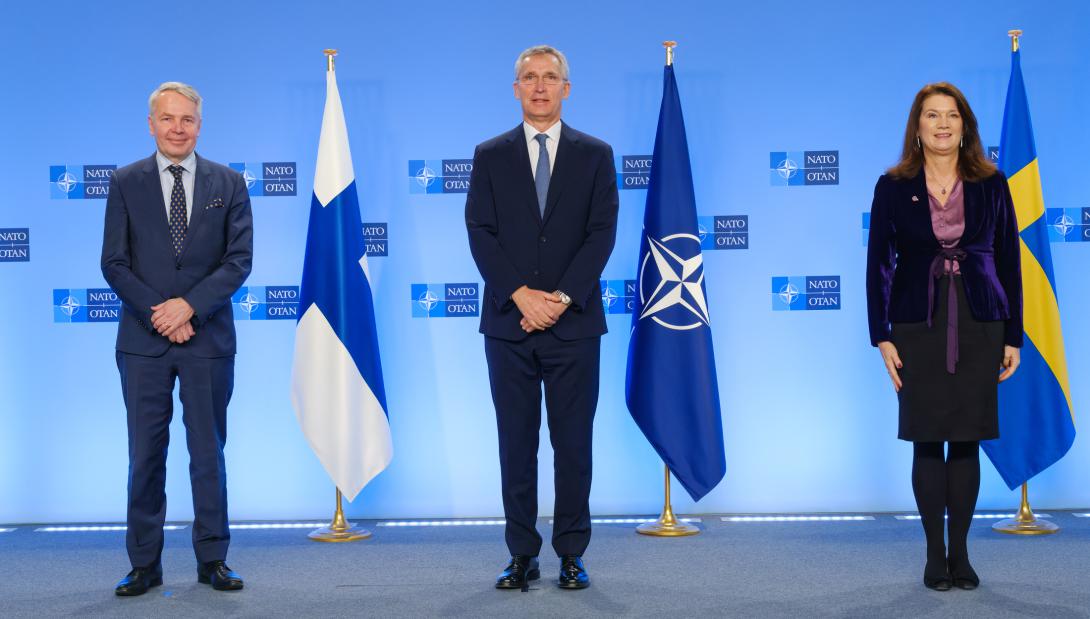NATO’s Login for Sweden and Finland
The Collaborative Partner Environment is a secret network that U.S. allies can log into. It’s based on zero-trust principles. Additionally, this environment has been designated as compliant with Joint All-Domain Command and Control (JADC2). It provides protected chat, email and SharePoint functions.
Sweden and Finland are applying to join NATO and soon they will start sharing information with the alliance and the United States.
The two countries will access documents from the day they join, “anything before that, they’re not allowed,” said Maj. Elias S. Kortabani, Collaborative Partner Environment lead, J-6 Engineering Division, U.S. Central Command.
Maj. Elias Kortabani, USA, Collaborative Partner Environment (CPE) Lead, @CENTCOM: Says that if Sweden and Finland join NATO, the CPE will allow them to see NATO documents from the day they join.#AFCEATechNet
— George Seffers (pronounced See furs) (@gseffers) August 17, 2022
Also, the United Kingdom will start sharing access with U.S. networks to allow interoperability and a more open flow of information.
There are no multiple networks now, C.P.E. is just one network
“We are going to establish a connection by the end of September, between us and the [U.K.’s defense network],” Maj. Kortabani said. Restricted access to each other’s servers is what both sides expect to obtain once tests are completed and the system goes into full function.
Comparable systems to the one Britain operates is in place with non-NATO ally Israel, among other countries, according to Maj. Kortabani.
“It takes a lot of work when we partner with all these nationalities and we have to be able to support this operation the minute the commander says ‘go’,” Maj. Kortabani said.
To enter, security includes origin verification, as well as logins and access levels. Not all content on these networks is available to all participants equally, and the system is programmed to handle those hierarchies, according to Maj. Kortabani.

In the past, a new network was created when an agreement was reached with an allied country; this would create the need to mobilize a series of resources that meant a heavy burden, and this grew up to running 22 such structures, Maj. Kortabani explained. With the Collaborative Partner Environment, or CPE, that changed.
“There are no multiple networks now, CPE is just one network,” Maj. Kortabani said, what varies, depending on the partner, is the level of access to data. Not all allies see the same when they access, despite complying with security protocols.
Maj. Elias Kortabani, USA, Collaborative Partner Environment (CPE) Lead, @CENTCOM: This network is not designed for the 6 community. I love the 6 community, but this network is designed for the operations community.#AFCEATechNet
— George Seffers (pronounced See furs) (@gseffers) August 17, 2022
“We determine what part of the network you’re authorized to access and what part of the network you are not authorized to access,” Maj. Kortabani told the audience at AFCEA’s TechNet Augusta 2022.
“The part of the network that you can’t access, you’ll never know about it, you’ll have no clue it even exists,” Maj. Kortabani said, this would exclude all other systems and materials that are incompatible with the nationality and clearance level of the user who logs in.




Comments